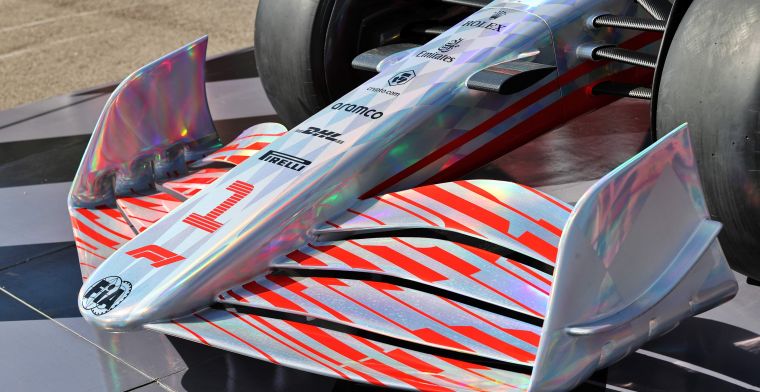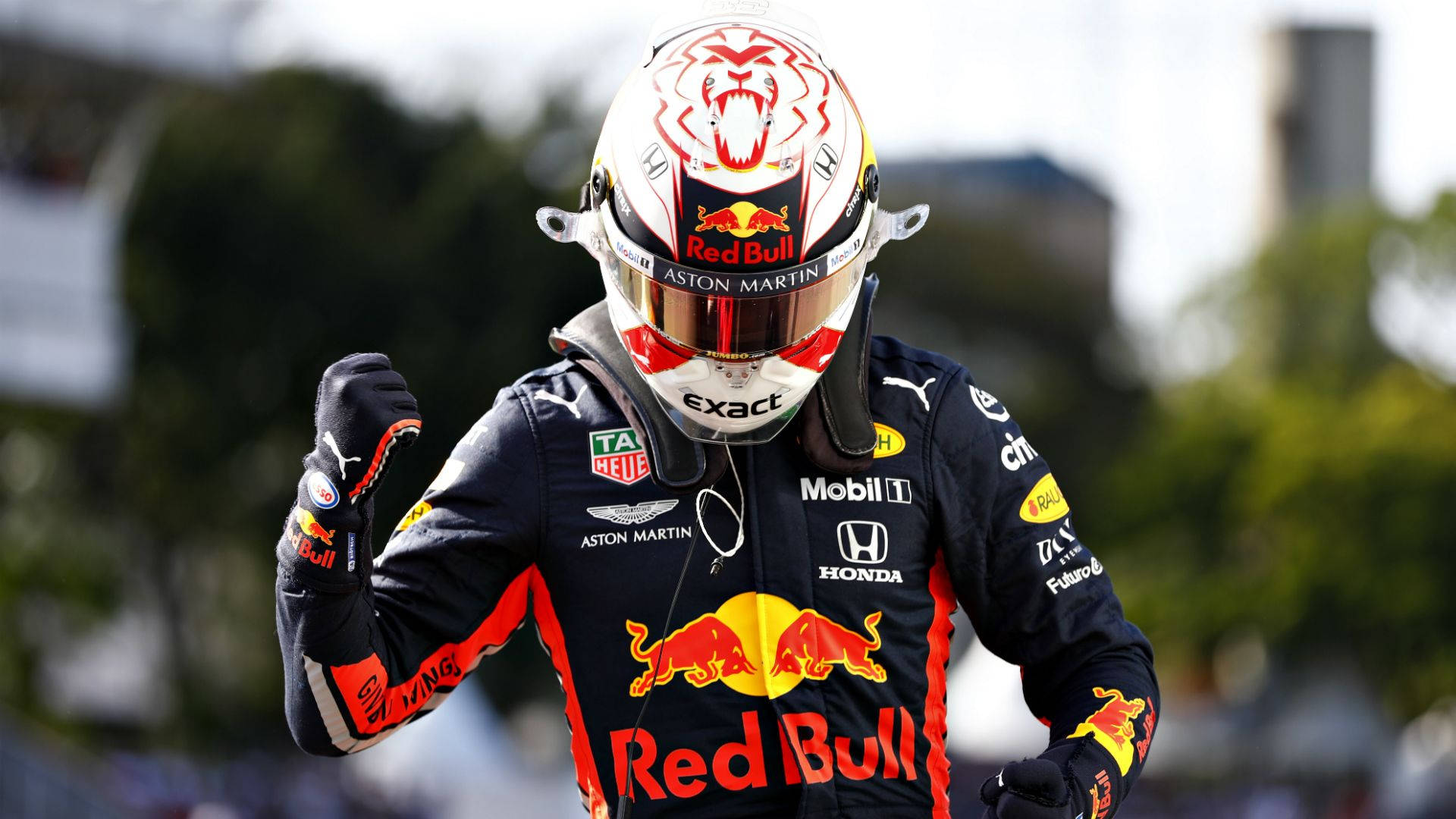When the reigning world champion Max Verstappen takes a dig at something, everyone listens. During a press conference, Max Verstappen recently expressed his egregious worry about the upcoming 2026 regulations. Christian Horner, along with Max, also said his apprehensions.
These regulations are expected to drastically change the Formula One world and help the sport achieve a more sustainable future. Teams have two more years to develop and test their new engines, so there is considerable time for amendments or revisions to the rule.
Max Verstappen launches scathing criticism
Max believes the regulations, even though sustainable, might affect the sport’s competition as it would all come down to which car has the best engine. He made the following comment stating the same; “That’s not the way forward; it looks like it will be an ICE competition. So, whoever has the strongest engine will have a big benefit. From all the numbers and what I see from the data, it looks awful.”
The part of the computer assisting the driver amidst a race proves to be a double-edged sword as drivers like Verstappen like to decide how much front or rear he needs while racing. In his own words, he said;

“When you are behind someone, maybe you need more front or rear, this kind of thing. If the system starts to control that for you, I don’t think that’s the right way forward.”
To get a head start, Red Bull has already established an entirely new engine division to build their own Formula One engine for the first time in partnership with Ford. There are rumours of allegations of this partnership being either commercial or technical. This would reduce Red Bull’s dependence on engine providers. Honda currently provides engines for Red Bull.
Critical Aspects of 2026 F1 engine regulations
For a novice, here are some of the critical aspects of the upcoming 2026 F1 engine regulations;
- No new fossil carbon will be burned.
Thanks to extensive testing and research by Formula 1 and partner ARAMCO, the new F1 power units will operate on completely sustainable fuels. This means that no new fossil fuels will be used, but rather, carbon will come from sources other than food, absolute municipal garbage, or even the atmosphere.

- 3X the electrical power
By 2026, a more potent electrical component will be added to the current 1.6-litre, V6 turbocharged internal combustion engine. The present hybrid components’ ability to produce electrical power will be doubled by the MGU-K (or Kinetic Motor Generator Unit).
- 1,000+ horsepower – with less fuel used
The engines will use less gasoline overall, and less fuel will flow due to the larger share of electrical power, but the power units will still produce over 1,000 horsepower. This is for all the fans who miss the V8 engine sound. These new PUs might be louder than the current ones.

- Better safety for the drivers
The positioning of the MGU-K is set to be enclosed within the chassis, next to the battery and control electronics. All high-voltage equipment will be contained within the safety cell, leading to fewer accidents due to the car catching fire.

With great power comes great responsibility. As these new power units form the future of F1, we also have to keep in mind the responsibility of the teams and the officials to uphold their promises and still be able to cater to the entertainment value that an F1 fan demands.








